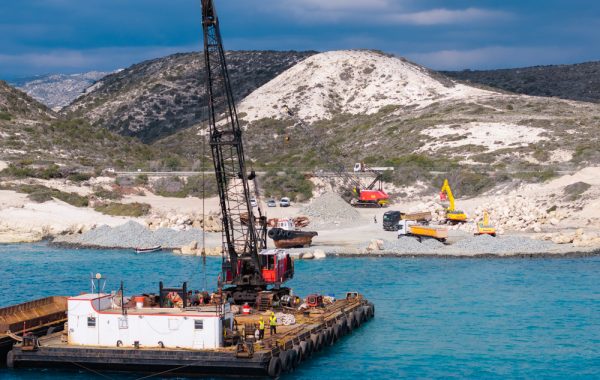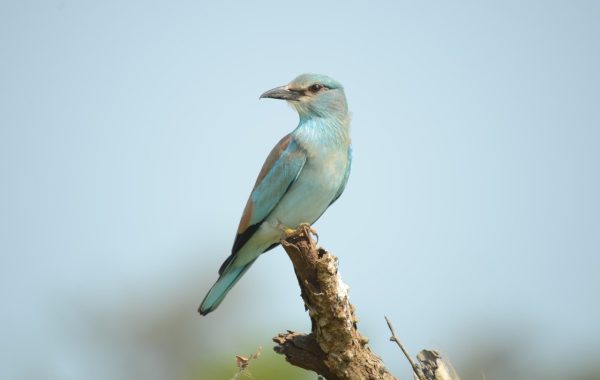The Natura 2000 beach “Polis-Gialia” is considered the most important nesting beach for the sea turtle Caretta caretta in the Republic of Cyprus.
This sea turtle species is protected by national and European legislation and is under global pressure from residential and tourism development, sea pollution from rubbish, especially plastics, overfishing and by-catch, recreation activities at sea and, of course, climate change.
We therefore consider the protection of this species and its habitats, such as its valuable nesting beaches, not only a legal obligation for the Government but also an obvious duty of the society.
As it is well known, when female sea turtles reach their reproductive age, they return to the same beach where they were born to make their own nests. What happens though when they return, years or even decades after they were born, only to find beach beds, beach umbrellas, hundreds of tourists and lighting from hotel units and villas which they follow as they take it for moonlight?
The “Limni Golf” tourism development issue at “Polis-Gialia” Natura 2000 site, which has received the green light by the authorities of the Republic of Cyprus, has been widely discussed in the press and in social media, especially since the European Commission, which opened a case against the Republic on this case, and the Bern Convention showed an interest in the case. It concerns a project which includes, in addition to 2 golf courses and 800 villas, a 160-bed hotel unit located 250 metres from the sea.
The European Commission and sea turtle experts suggested, among other things, that a 500 metre buffer zone was kept from the beach. These suggestions, as shown by the design of the project, have not been respected by the Republic of Cyprus. On the contrary, the mitigation measures proposed by the State can be considered inadequate as they can hardly guarantee the protection of the sea turtle beach from light pollution and disturbance.
Environmental organisations from Cyprus and Europe, including BirdLife Cyprus and BirdLife International, have joined their voices during the last few days, asking European Commissioner for Environment Karmenu Vela to secure the future of this important Natura 2000 site. A requirement that we consider to be self-evident, since the protection of Natura 2000 sites and the proper implementation of the Birds and Habitats Directives constitute a legal obligation for our country and, in our view, a social duty of every citizen of Cyprus.




